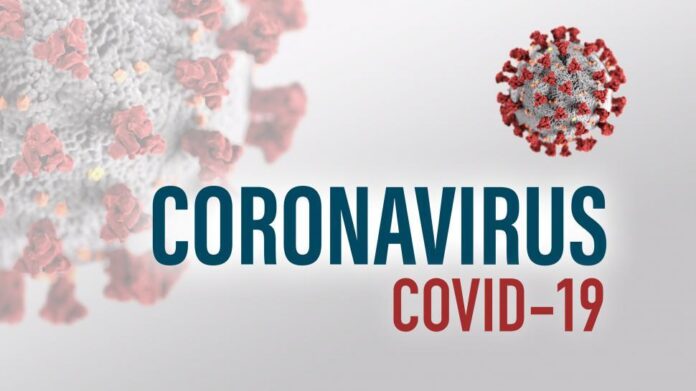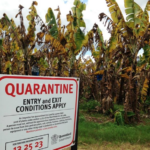Four items that crossed my desk related to COVID-19 include:
- New research shows how the virus kills heart muscle cells and interferes with contraction
- New chip simplifies COVID testing using a smartphone to give you results in 55 minutes
- Robot system can accurately screen thousands of COVID-19 tests at the same time
- New immune-boosting nasal spray protects against COVID-19 and the common cold
Study Shows How COVID-19 Infects the Heart
Washington University School of Medicine in St. Louis has found evidence that COVID-19 invades and replicates inside heart muscle cells causing them to die and interfering with normal contraction. The study appears in the February 26, 2021 issue of the Journal of The American College of Cardiology.
Associate professor of medicine, Kory Lavine, lead author in the study, along with colleagues used stem cells to model human heart tissue and showed how the virus not only invades and kills the cells but also the muscle fibers responsible for maintaining our heartbeat. This was separate from previously noted inflammation within the heart muscle.
Lavine states, “COVID-19 is causing a different immune response in the heart compared with other viruses, and we don’t know what that means yet. In general, the immune cells seen responding to other viruses tend to be associated with a relatively short disease that resolves with supportive care. But the immune cells we see in COVID-19 heart patients tend to be associated with a chronic condition that can have long-term consequences. These are associations, so we will need more research to understand what is happening.”
New Microfluidic Chip for COVID-19 Testing Using Smartphones
Researchers at Rice University in Houston, Texas, have invented a new diagnostic tool that can determine if a person is COVID-19 positive in 55 minutes or less by plugging it into an off-the-shelf smartphone.
The Rice team used existing biosensing tools plus a small microfluidic chip of their own invention to create the device which can detect COVID-19 protein from a small sample. It delivers accurate results in a short period of time with the optimal results after 55 minutes.
An Android app and Google Pixel 2 phone were used in testing. The inventors note that it would be fairly easy for industry to manufacture their chips to detect new COVID-19 variants and strains as they become known.
Their published results appear in ACS Sens, a journal of the American Chemical Society.
Robotic Platform for Screening Thousands of COVID-19 Tests
University of Toronto researchers have built a robotic platform for COVID-19 test screening that can handle thousands of samples simultaneously. Developed at Mount Sinai Hospital, the device is rated accurate at detecting COVID-19 positive results better than 95% of the time.
Jeff Wrana, a doctor and professor in the university’s Department of Molecular Genetics states, “With new and potentially dangerous variants now circulating, this is a platform that is scalable, automated and capable of analyzing thousands of COVID-19 patient samples in a single instrument run.”
The cost per test sample is currently about $8 USD when maximized with thousands of samples. Turnaround is about a day to get the results.
The research is referenced in a journal article appearing in the March 3, 2021 Nature Communications.
Nasal Spray Protects Against COVID-19 and the Common Cold
A new drug that can be delivered using a nasal spray is showing to be effective in pre-clinical infection models and in human airway cells. Called INNA-X, it appears to reduce viral loads for the rhinovirus, the cause of the common cold, and for COVID-19 coronavirus.
Research at the Hunter Medical Research Institute, University of Newcastle, shows that INNA-X treatment prior to infection reduces the levels of virus in the respiratory tract. It appears to be equally effective with asthma patients who are immune-compromised and more prone to viral infections.
The nasal spray was developed by an Australian biotech company, Ena Respiratory. Human trials are beginning in Australia with at-risk populations including the elderly and those with asthma.
The research is referenced in the December 2020 issue of the European Respiratory Journal.
















